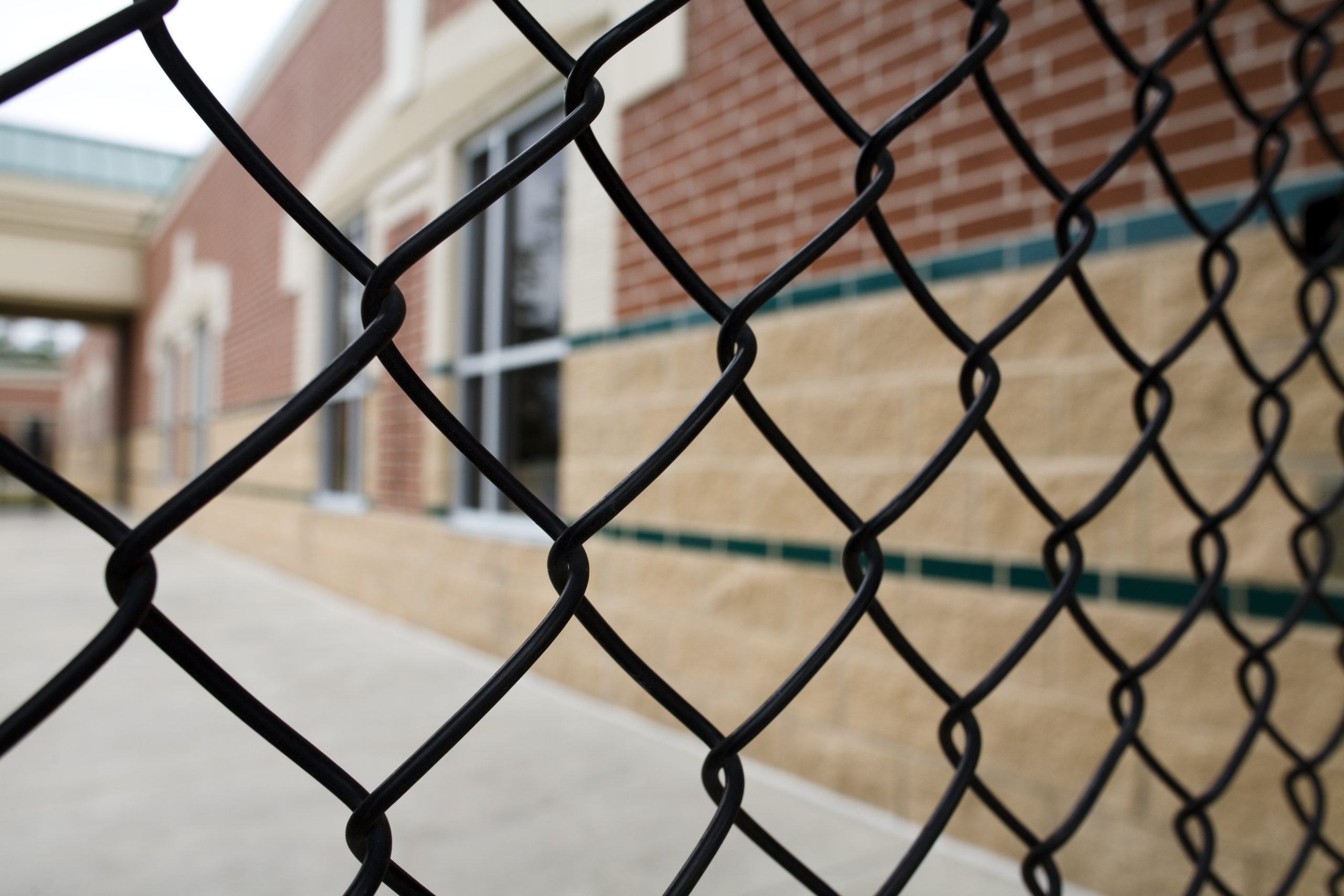During a Nov. 16 EdSource roundtable discussion on “how to make tutoring work,” researchers, members of organizations offering or supporting tutoring services, leaders of local educational agencies and a student highlighted different practices that are accelerating learning around the state.
Susanna Loeb, director of the Annenberg Institute at Brown University, said there is a large body of research on the effectiveness of tutoring. A commonality of some of the most effective programs is spending a significant amount of time in tutoring — at least three times a week for a semester or entire academic year. “That’s where the term high-dosage tutoring comes from,” Loeb said.
“High-impact programs really cultivate sustained and strong relationships between students and their tutors. They closely monitor student understanding and skills and use those data and so the tutor can actually meet the specific needs of each student, and they tend to use high-quality materials and provide tutors with both some initial training and then ongoing coaching,” Loeb continued.
Even when tutoring is made available by an LEA, students need to participate to benefit, which is why some effective tutoring programs are embedded in the school day as opposed to before- or after-school or online. Different kinds of tutoring can meet the various needs of students, but intensive, high-impact tutoring “does show impressive results for students most behind,” Loeb said. Opt-in homework help options can assist students who tend to be more engaged in school and high achieving.
“The opt-in programs alone will probably not be equity enhancing but they can be beneficial,” Loeb said. “It’s the high-impact programs that are dramatic in what we’ve seen in the research in their effects.”
As LEAs struggle to find tutors or fund programs, Loeb said that research shows that many people can be good tutors when offered training and oversight and can be assisted by technology.
What districts are doing
Oakland REACH, a parent-run organization advocating for high-quality schools, is recruiting members of the community to become tutors for Oakland Unified School District, according to Lakisha Young, the organization’s co-founder and CEO. The model’s first cohort is underway and recruitment for a second cohort of tutors is taking place with a launch date in January. The current focus is on literacy and Young said a math pilot will launch in spring.
Green Dot Public Schools California Area Superintendent Alyce Prentice said that high-impact tutoring is taking place in sixth- and ninth-grade math intervention classes.
“We hire instructional aides as high-impact tutors and we train them,” Prentice said. “They become a part of the classroom and support the teacher, but they do pull a group of three or four students out three times a week for at least 45 minutes and offer individualized small group instruction based on the curriculum we use.”
Using tools like the i-Ready assessment, they identify students who are a few years behind and could make rapid progress with individualized attention. They track the students’ academic progress and survey them. According to a survey from last year, the majority of students involved felt that tutoring had helped to improve their math skills and their confidence in math. They are working with Sage Education to further their understanding of effective tutoring.
Irvine USD has a partnership with 24/7 remote tutoring service Paper. They have worked together since 2018 and rolled out services over time, with tutoring available to students in grades 4-12 this year.
“Our students are digital natives. They’re most comfortable in a virtual format and exchanging in a text-based format. That’s been really productive for our students. It’s also allowed us to record that transcript and bring the teacher into the tutoring experience,” said Shaney Valencia, Irvine USD’s coordinator of educational technology.
Teachers can review tutor transcripts from Paper to see where students’ confusion lies and incorporate that into their lessons. To encourage students to participate, Paper is incorporated into their Canvas portals.
Madyson Lee, a senior at Portola High School in Irvine USD said she receives in-depth feedback when receiving help on Paper. “Sometimes students don’t need to have a whole hour of tutoring and honestly, it’s a very draining thing to go through,” Lee said. Having the tutoring resource available for free to fall back on has been beneficial.
The Khan Academy and Schoolhouse.world also offer free lessons and tutoring. Members of the panel also discussed their excitement about the College Corps initiative, which will bring college students to LEAs as tutors for scholarships.





